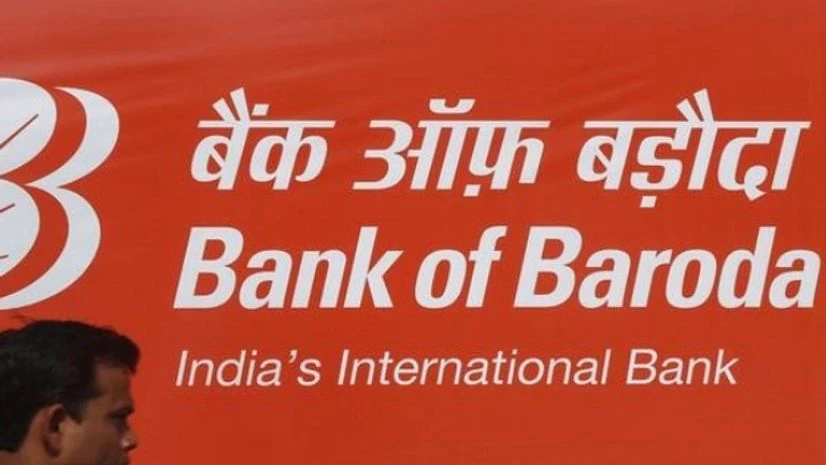Public sector lender Bank of Baroda (BoB) posted highest-ever quarterly loss by an Indian bank of Rs 3, 342 crore in the quarter ended December 2015 on account of an almost five times increase in provisions for bad loans. It had posted net profit of Rs 333 crore in the same period last year.
The bank’s net interest income for the quarter declined to Rs 2,795 crore from Rs 3,286 crore a year ago. Other income, comprising items like fees and treasury, was flat at Rs 1, 112 crore in Q3 FY16, compared with Rs 1, 090 crore in Q3 FY15.
The country’s second largest lender by assets said its provisions for bad loans grew to Rs 6,474 crore, nearly five times more than Rs 1,149 crore in Q3 last year.

BoB’s earnings came a day after State Bank of India, India’s top lender by assets, reported its biggest fall in quarterly profit in nearly five years because of a jump in bad loan provisions. Public sector lenders account for about 85 per cent of banking sector’s troubled assets.
Reserve Bank of India (RBI) has asked all lenders to treat troubled accounts as non-performing even if an actual default is yet to happen and make adequate provisions.
On Saturday, BoB said is has made provisions for all weak assets identified under RBI’s Asset Quality Review. Defending the decision to make one-time provisions, P S Jayakumar, BoB’s managing director and chief executive officer said, “We wanted to put uncertainty behind us. Going forward, we expect fair degree of stability”. Having made provisions in one go, BoB expects profit in fourth quarter ending March 2016, he said.
BoB’s gross NPAs stood at 9.68 per cent in December 2015, up from 3.85 per cent last year. Fresh slippages during Q3 were Rs 15,603 crore. The provision coverage ratio (PCR) stood at 52.70 per cent.
BoB’s capital adequacy ratio was 12.18 per cent with Tier-I of 9.57 at the end of December 2015.
Based on existing position of capital including common equity Tier-I (9.04 per cent), the management has advised the government that the bank does not currently require additional support by way of subscription to equity. The government of India holds 59.24 per cent stake in the bank.
The bank’s first priority is efficient use of resources to conserve and generate capital before seeking extra equity infusion. This could be done by rationally unutilised credit lines, helping in efficient allocation of capital, Jayakumar said. Mumbai-based lender would also look at liquidating some financial assets and shedding non-core assets to garner funds for capital. BoB stocks closed lower by 1.4 per cent at 114.35 per share on Friday on Bombay Stock Exchange (BSE).

)
